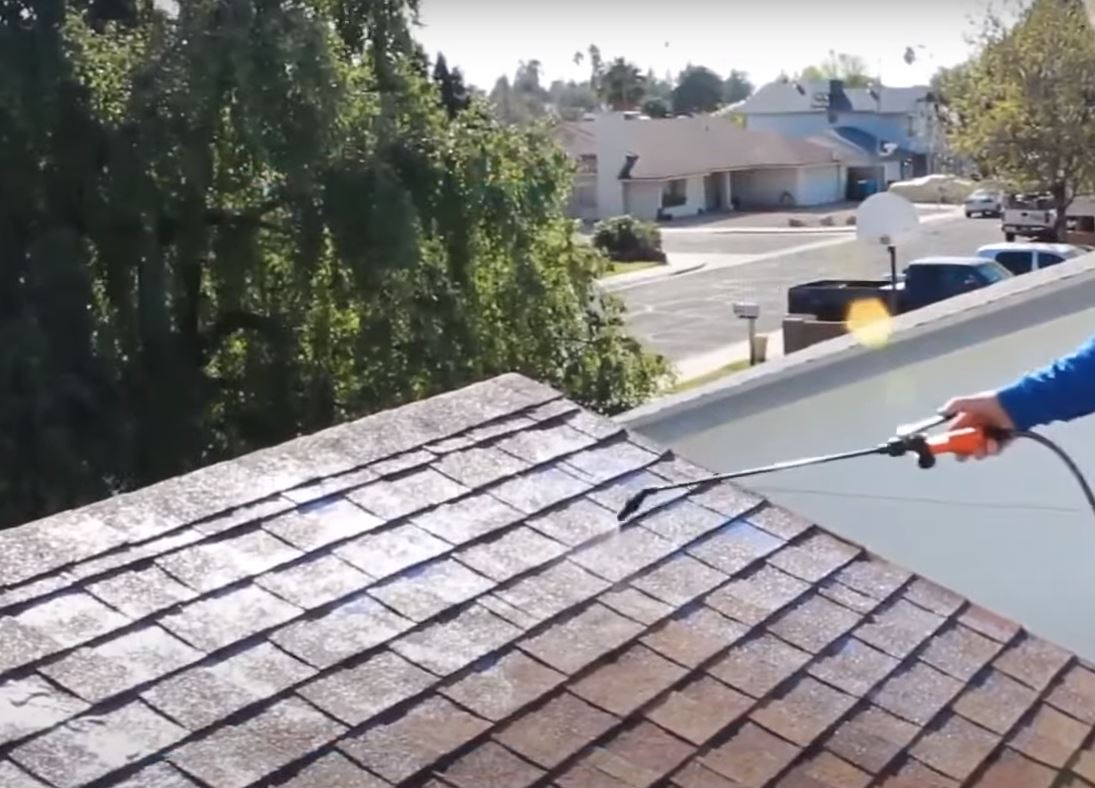Why Seal Asphalt Shingles? Understanding the Basics
Asphalt shingles, a common roofing material in Auckland, offer durability, a decent lifespan, and aesthetic value. A common question I hear from homeowners is, “Do asphalt shingles need to be sealed?” The answer is both yes and no. Let’s delve into why.
Is Sealing Necessary for New Asphalt Shingles?
Newly installed asphalt shingles don’t require immediate sealing. The manufacturing process already includes the application of a protective layer of granules, which shields against UV light and enhances fire resistance. However, with Auckland’s varying weather, over time, these granules can gradually wear off. This is when the consideration for a sealant comes into the picture.
When Should Shingles Be Sealed?
Typically, if shingles are starting to show signs of wear, that’s the right time to think about sealing. You might observe granules accumulating in your gutters or the colour of your shingles fading. These indications are more common in suburbs like Albany and Devonport, where sea breeze and moisture levels are higher.
Cost of Asphalt Shingle Sealants
The cost of asphalt shingle sealants varies. A basic sealant can cost around NZD $40-60 per litre, while a premium product can reach up to NZD $90-130 per litre. The price difference reflects varying degrees of UV protection, weather resistance, and longevity. It’s vital to consider these factors, especially if you live in a suburb like Titirangi, where weather conditions can be quite variable due to its unique position at the edge of the Waitakere Ranges.
Is Sealing a DIY Project?
For the handyperson, sealing asphalt shingles may seem like a tempting DIY project. However, consider Auckland’s health and safety guidelines. Any work conducted above 3 metres requires fall protection measures, as per the Health and Safety at Work (General Risk and Workplace Management) Regulations 2016. This regulation applies even more strictly in hilly suburbs like Mt. Eden and Ponsonby.
Auckland Council Bylaws and Asphalt Shingle Sealing
Furthermore, Auckland Council’s Public Safety and Nuisance Bylaw (2013) mandates minimising nuisance to neighbours during home maintenance work. For instance, in tightly packed suburbs like Grey Lynn and Newmarket, it’s crucial to be mindful of noise, dust, and debris that might impact your neighbours. Therefore, it’s often best to work with a professional who understands local regulations and has the right tools to handle the job safely and efficiently.
Choosing the Right Sealant
With the diverse range of asphalt shingle sealants available, making a choice can seem daunting. However, consider your specific requirements. Are you in a coastal suburb like St. Heliers, where high humidity is a norm? A sealant with excellent water resistance should be your pick. On the other hand, a UV-resistant product would be ideal for sun-soaked areas like Parnell and Remuera.
Navigating the Permit Process
Sealing asphalt shingles is generally seen as maintenance work, and in most Auckland suburbs, it doesn’t require a building consent. However, if your house is located in a special character area such as Ponsonby or Herne Bay, it’s always best to check with the local council. The Auckland Unitary Plan (H5 Special Character Areas Overlay) provides clear guidance on this.
Professionals: A Wise Choice?
Given the complexities around safety requirements, potential nuisance issues, and possible council regulations, employing a professional roofer to seal your asphalt shingles can often be a smart move. They have the expertise and equipment to get the job done correctly and safely, taking into account the unique factors in different Auckland suburbs.
Understanding Your Asphalt Shingles’ Needs
In conclusion, asphalt shingles may not need sealing immediately after installation, but environmental factors, local conditions, and the gradual wear and tear make sealants a good long-term investment. Recognising the signs that your roof might need a bit of extra care is key. It allows you to act promptly, securing your Auckland home’s longevity and durability, no matter what suburb you’re in.

